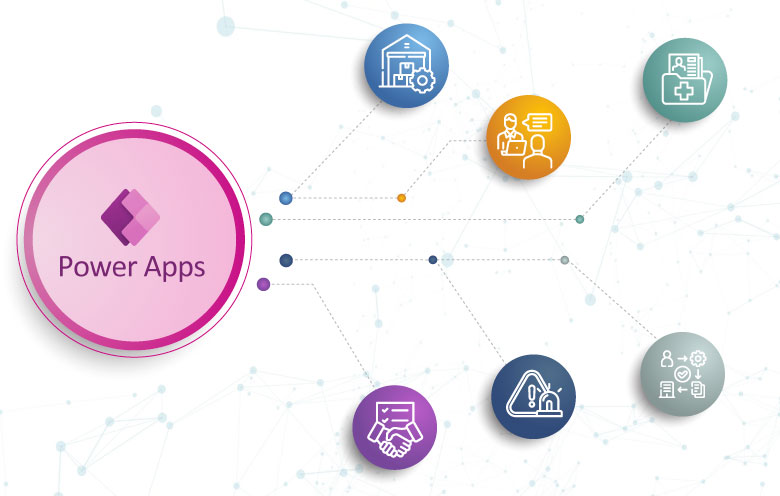Cloud computing has become a fundamental part of how businesses and individuals operate today. We store photos, files, apps, and even entire servers “in the cloud” without thinking much about where that data actually goes. So, where is cloud data stored, and how does it remain secure and accessible from anywhere in the world? In this blog, we’ll break down how cloud data storage works, where your data is physically located, and how cloud providers ensure its safety.
What is Cloud Data Storage?
Cloud data storage refers to storing digital data on remote servers instead of local devices, such as your computer’s hard drive. When you upload a file to “the cloud,” it doesn’t simply float around the internet. Instead, it is securely stored on physical servers maintained by cloud providers such as Amazon Web Services (AWS), Microsoft Azure, Google Cloud, and many others. These servers are connected to the internet, allowing you to access your data from anywhere, as long as you have an internet connection.

Where is Cloud Data Physically Stored?
While the term “cloud” gives the impression that your data is floating somewhere abstract, it is actually stored in data centers—giant facilities filled with servers that store and manage enormous amounts of information. These data centers are located all over the world, often in multiple regions to ensure redundancy and reduce latency.
Cloud providers like AWS, Microsoft Azure, and Google Cloud maintain thousands of data centers globally. They store data in different geographic locations, which are often called regions. Each region contains availability zones—separate locations within a region that host multiple data centers. This structure allows cloud providers to offer high availability and protect your data against hardware failures or natural disasters.
For example, if you’re using AWS, your data might be stored in data centers located in North America, Europe, or Asia-Pacific, depending on where your services are hosted. Cloud providers often let you choose which region your data is stored in to ensure faster access and compliance with local data regulations.
How Cloud Providers Secure Your Data
The security of cloud data storage is a top priority for cloud providers, and they go to great lengths to protect your data from unauthorized access, breaches, and loss. Here are the key measures they take:
1. Encryption
Cloud providers encrypt your data both when it is stored (at rest) and when it is being transferred (in transit). Encryption ensures that even if someone were to access the data, they wouldn’t be able to read it without the proper decryption keys.
2. Redundancy and Backup
To ensure your data isn’t lost due to hardware failure or disasters, cloud providers replicate your data across multiple servers, often across different regions or availability zones. This redundancy means your data is always available, even if a particular data center experiences an outage.
3. Access Controls
Strict access controls are in place to ensure that only authorized personnel or systems can access your data. This includes multi-factor authentication (MFA), role-based access controls (RBAC), and audit logs to track who accesses your data and when.
4. Compliance and Certifications
Leading cloud providers are certified to meet stringent security and privacy standards, such as ISO 27001, HIPAA, GDPR, and SOC 2, ensuring that your data is managed in compliance with the highest industry standards.
Common Myths About Cloud Storage
Myth 1: “My Data is Floating Somewhere in the Internet”
Your data is stored in physical data centers around the world, not floating in cyberspace. These data centers are secure, monitored, and managed to ensure your data is available whenever you need it.
Myth 2: “Cloud Storage is Insecure”
Cloud providers prioritize security, and in many cases, data stored in the cloud is safer than on-premise solutions. Encryption, access controls, and regular audits ensure that your data is protected from unauthorized access.
Myth 3: “Once Data is in the Cloud, I Lose Control Over It”
While your data resides on servers managed by cloud providers, you retain full control over it. Cloud providers give you tools to manage access, monitor usage, and ensure that your data complies with local regulations.
Trusting Your Data in the Cloud
Cloud data storage might seem abstract, but in reality, it’s backed by an extensive network of secure data centers across the globe. With advanced encryption, strict access controls, and redundancy measures, cloud providers ensure that your data is protected and accessible whenever you need it.
At MCDNS SARL, we help businesses leverage the power of cloud storage while ensuring that data is stored securely and compliantly. Whether you’re new to cloud storage or looking to optimize your existing setup, we’re here to guide you every step of the way.
Interested in learning more about how cloud storage can benefit your business?
Contact MCDNS SARL today to discuss how we can help you get the most out of the cloud.










